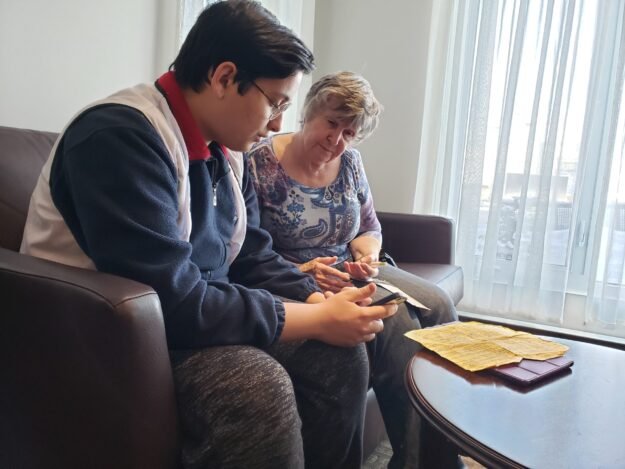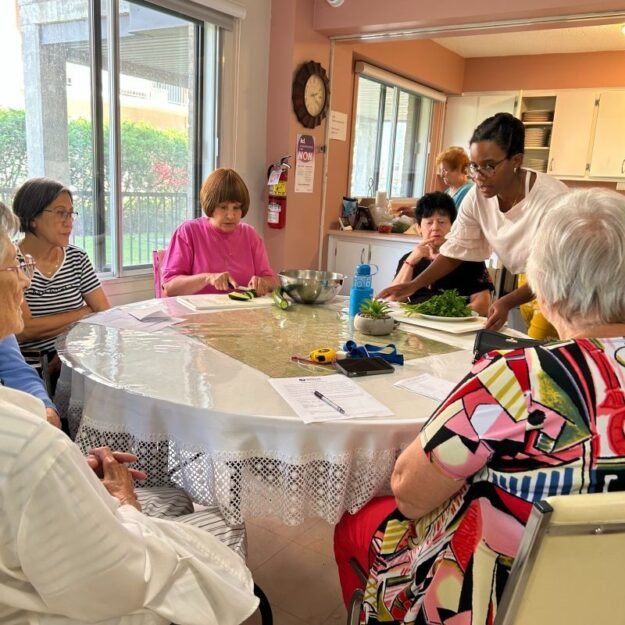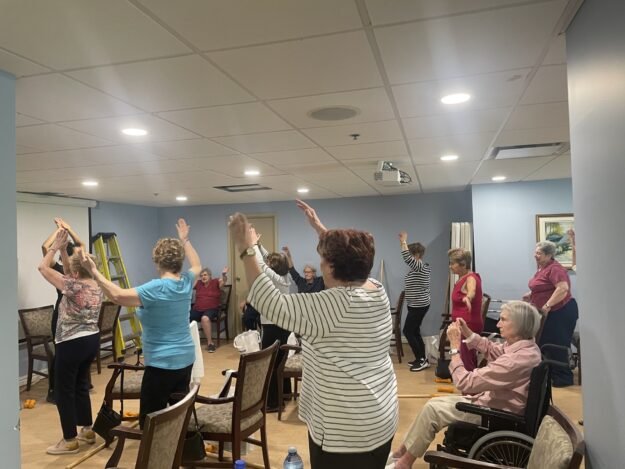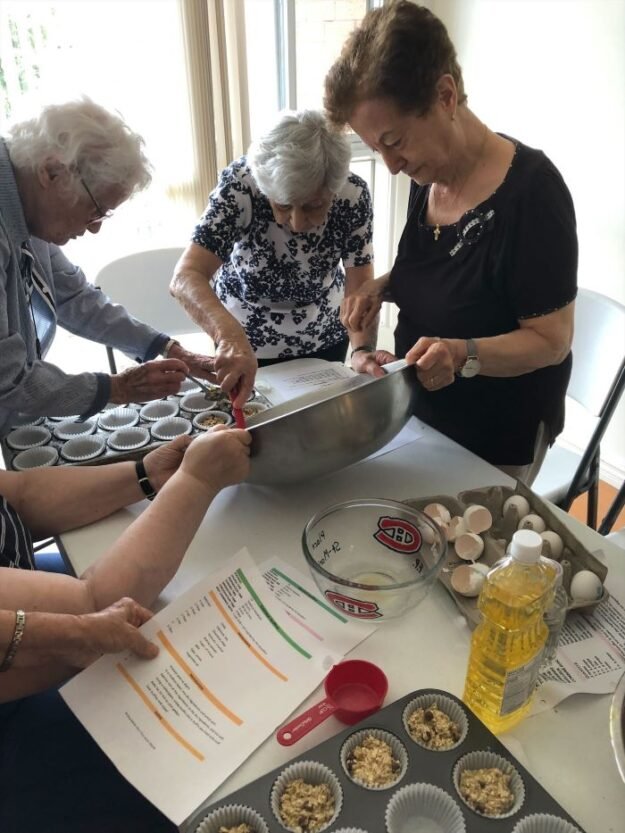Intergenerational Learning Program
The program bridges the gap between generations, breaks the social isolation experienced by seniors, while providing a mutually beneficial learning experience for both seniors and youth volunteers. Youth volunteers teach senior citizens how to use various applications on tablets and iPads. This helps to reduce the risks of dementia among seniors, as they learn new…









